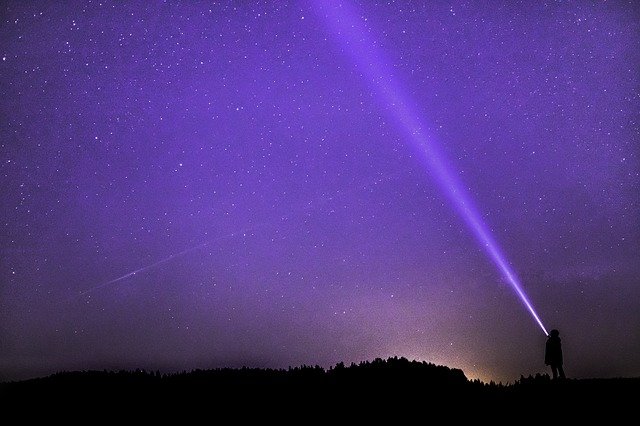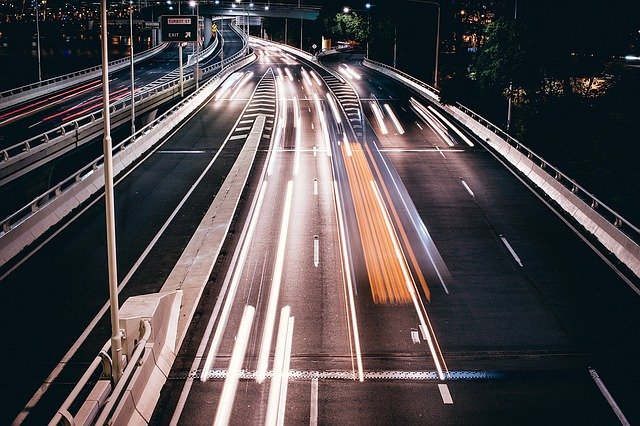*This post may contain affiliate links. This means we may make a commission if you purchase an item using one of our links*
Telescopes come in variety of shapes and size with their specifications differing, the materials used for the optics being different and so on. As a result of these differences some telescopes may be slower or faster than the others. If you’ve been in and around telescopes these words will often pop up in forums and occasionally imply specific gear be necessary for your device.
To put if you’re on the lookout for a telescope, it’s certainly not a bad idea to learn what exactly a fast telescope is and whether or not you should go for them or alternatives that have focal ratio’s that make them far slower.
What Is Fast Telescope?
Table of Contents

In laymens terms a fast telescope is a telescope that is able to gather light at a very quick rate due to the combination of a small focal length and aperture of a telescope.
This would also mean the tube of the device will be smaller whilst the size of the mirror or lens would be comparatively larger. When putting numbers to this a 100mm aperture with a focal length of 400mm would in turn have a focal ratio of f/4, which of course would make said telescope a fast one.
F/4 telescopes are very fast telescope but, the general consensus within the community would categorize telescopes with a focal ratio of f/7 or below to be fast telescopes.
What Would Make A Telescope Slow
If a fast telescope is defined as a a device that is able to capture light really quickly, a slow telescope in turn would be a device that gathers light much slower however, even though light is gathered slower due to the discrepancy between the focal length and aperture, the visuals as a whole won’t be hindered. Nevertheless, they will be narrower.
Is A Fast Telescope Necessary For Astrophotography

The reason why faster telescope are often recommended for astrophotography purposes is so the images taken with them will be more stable. It’s also so you wouldn’t need to wait an extended period of time light to be captured by the camera lens. With that being said, even though a faster telescope is probably a better fit for astrophotography, it doesn’t mean that slower ones aren’t capable of delivering excellent results too.
In the end of the day it’s the quality of the optics used that will determine whether your images will come out looking awesome, even if the compromise with slower devices is having to be more still when a photo is set to be taken. If the optical quality is lacking one shouldn’t really expect the best results.
Pros Of A Fast Telescope
Fast telescopes have a number of pros, as well as cons, so I’ll list down the main points below :
- Gathers light faster due to the smaller focal length and larger aperture
- Faster shutter speed for astrophotography
- Allows users to view a more wider area through the eyepiece
Cons Of A Fast Telescope
As for the cons they include the following :
- They tend to have far more visual discrepancies than slower telescopes
- Harder to find the right eyepieces
- You’ll have to spend a lot more for quality fast telescopes
- Not great for narrow views
Conclusion
A fast device is a term coined from photography and of course this does kind of point towards such devices being far more important for users who are looking to get into astrophotography. Usually when getting into astronomy users mostly want to use their device for purely viewing the night sky as opposed to the costly hobby of astrophotography.
Moreover, faster telescopes are known to have a fair few visual discrepancies, which kind of sucks as false colours, coma etc. May dampen the astronomy experience ever so slightly but, with these cons you do get a few pros too as mentioned above.
Cheaper telescopes tend to be faster and can produce very nice to look at celestial objects whilst the top of the line models are equally as good as slower devices for observing objects. Ultimately, if this is just side hobby for you, a faster or slower optics shouldn’t really matter but, if astrophotography is important to you a faster device will be the better choice as they’re very capable for the purposes of astrophotography (as long as the lens and optics are great to boot).

